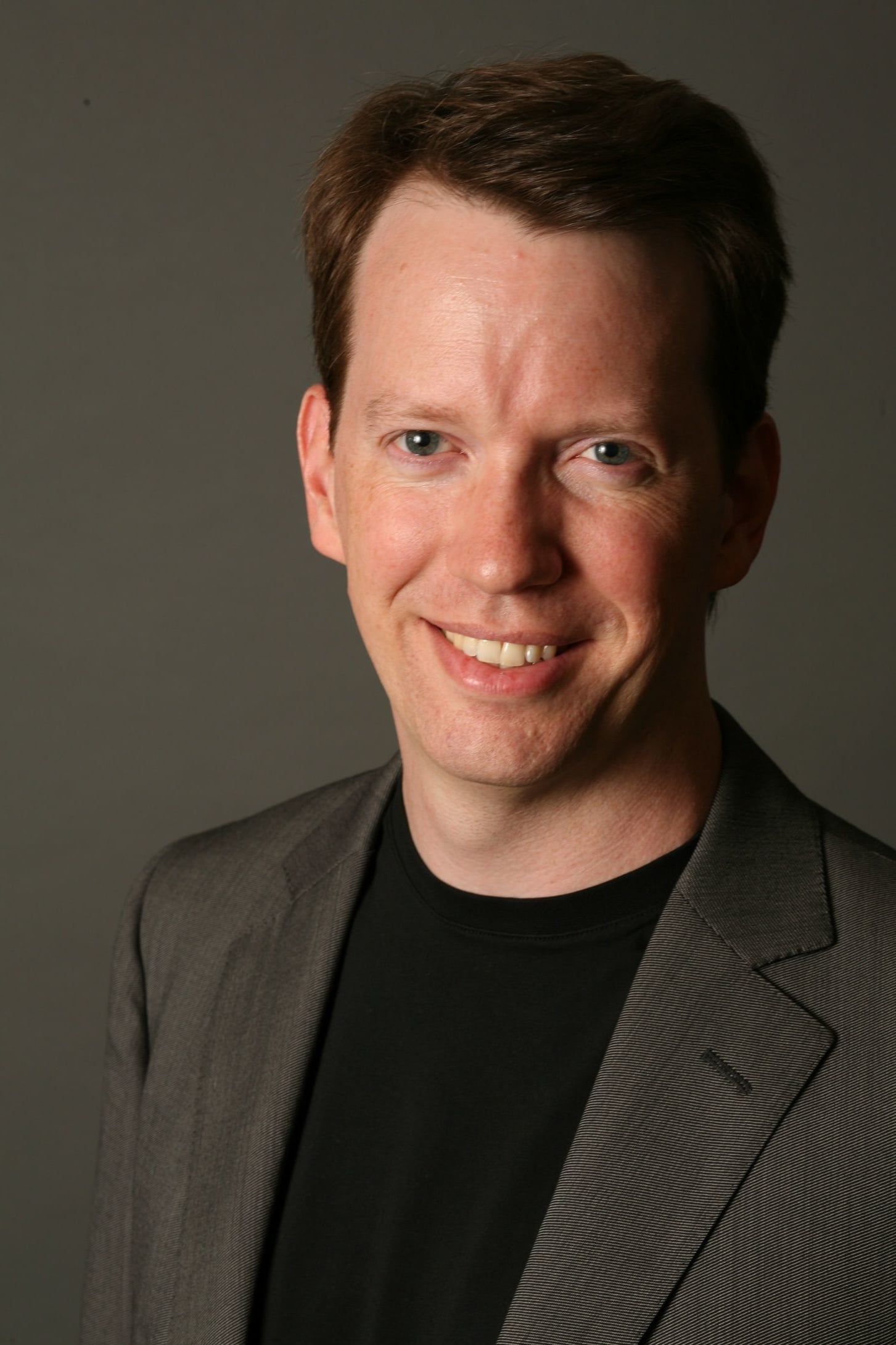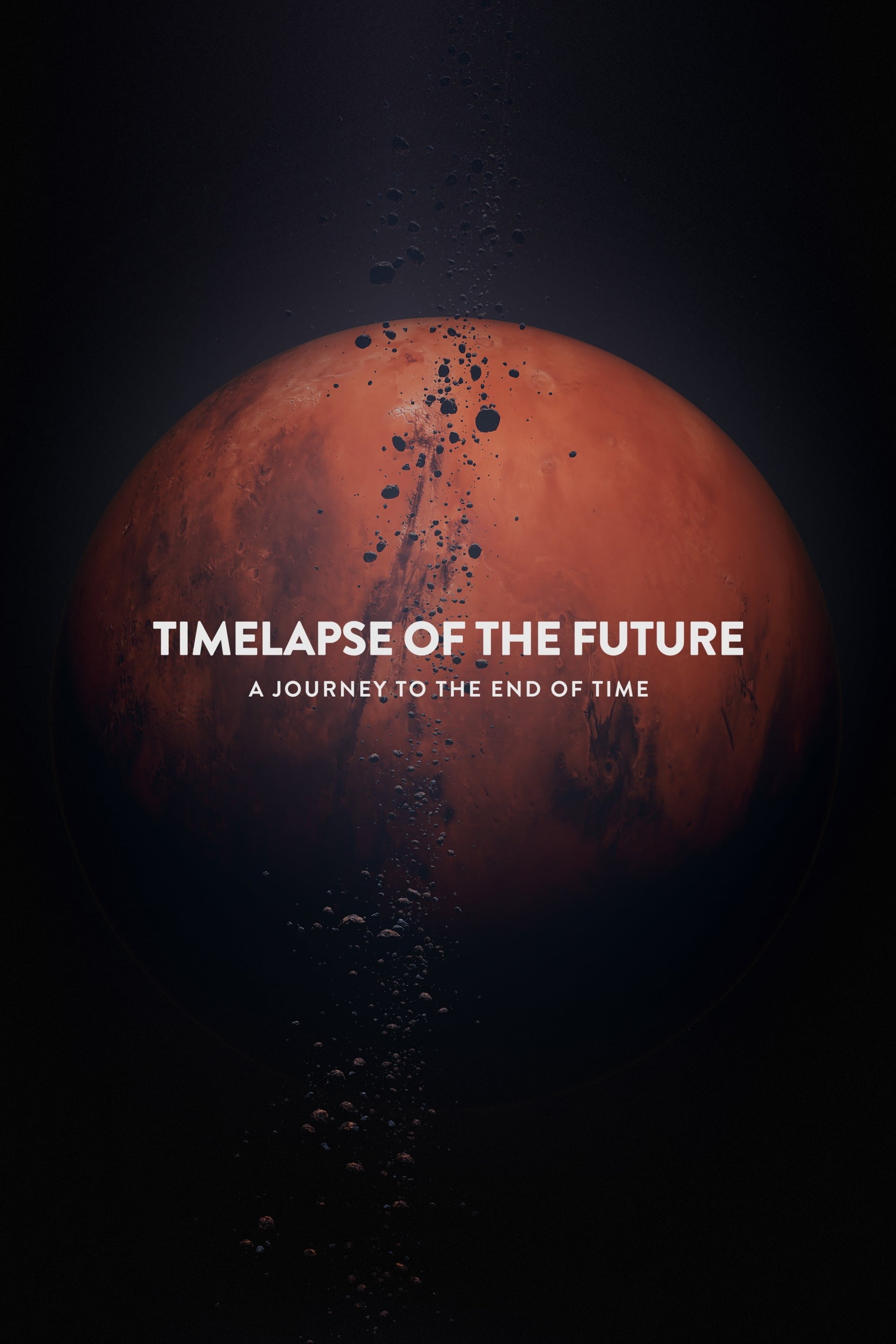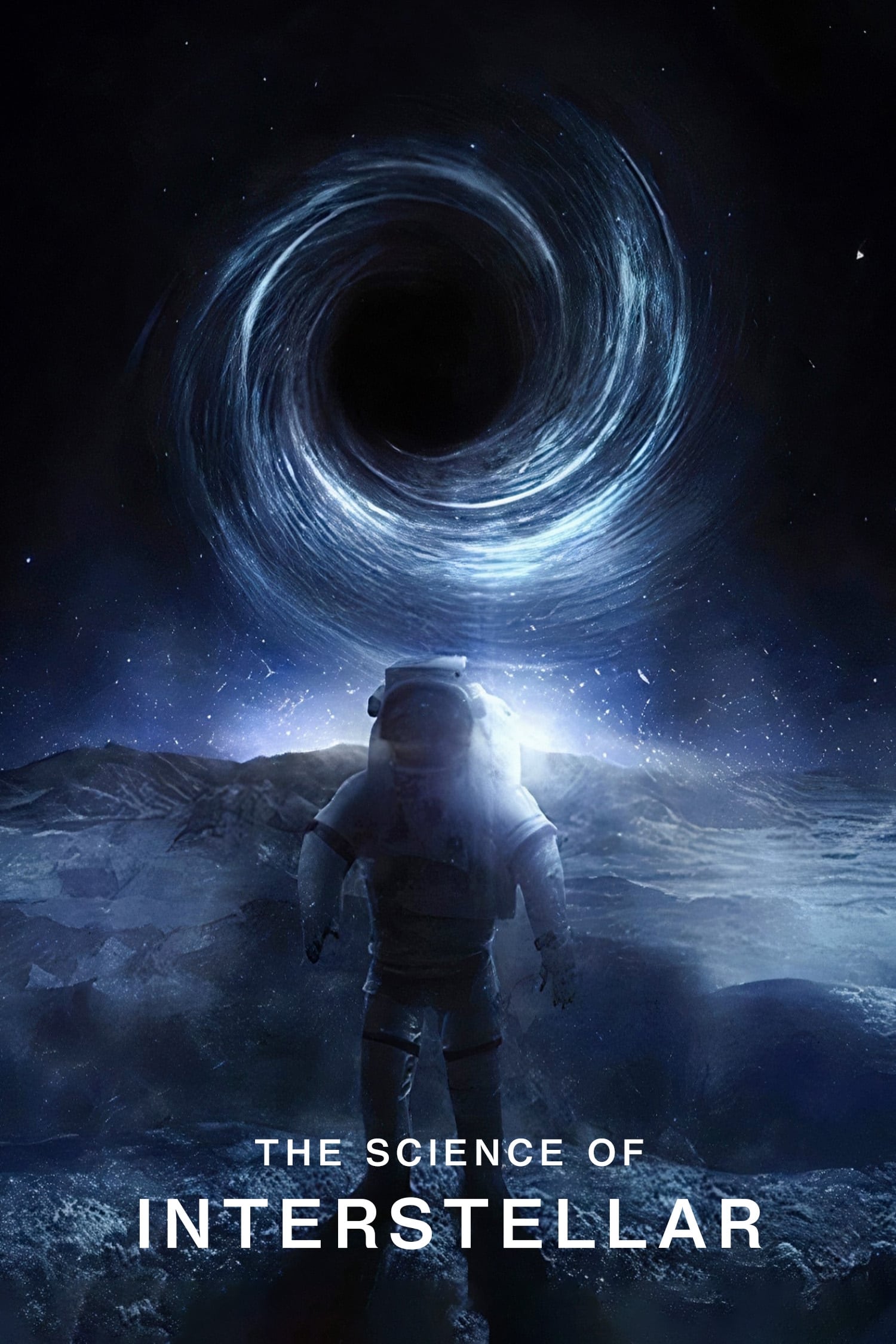

In the early 1900s, Albert Einstein developed an idea - called Relativity - that changed our understanding of reality. It explained how both space and time were flexible - and how the Universe was made of a four-dimensional fabric called space-time. This single idea gave us a new way to understand the force of gravity, explained how the stars were born and introduced us to the concept of the big bang. And, in the hands of Stephen Hawking, it allowed us to understand the most extreme monsters in the Universe - black holes. This two-part BBC documentary explores how two of the most famous scientists of the 20th Century transformed our understanding of the Universe - thus changing the world.

How's it all gonna end? This experience takes us on a journey to the end of time, trillions of years into the future, to discover what the fate of our planet and our universe may ultimately be. We start in 2019 and travel exponentially through time, witnessing the future of Earth, the death of the sun, the end of all stars, proton decay, zombie galaxies, possible future civilizations, exploding black holes, the effects of dark energy, alternate universes, the final fate of the cosmos - to name a few.

Matthew McConaughey narrates a fascinating look at Christopher Nolan's sci-fi film, 'Interstellar', including scientific foundations, the work of consulting Scientist Kip Thorne, basic film themes, the science behind the search for planets capable of hosting life, space-time and the theory of relativity, the science of wormholes and black holes, crafting the film's visuals based on real scientific observation, the birth of the universe, the Dust Bowl and the evolution of dust as a toxin, the likelihood of future dust storms, the prospects of escaping a dying or doomed planet and the possibilities of colonizing Mars.
By browsing this website, you accept our cookies policy.